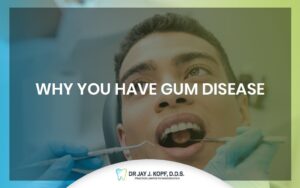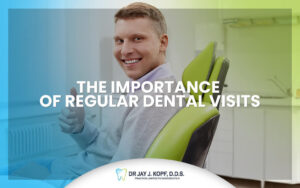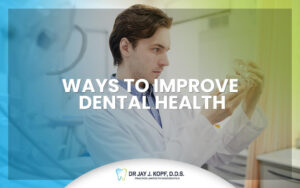Good oral hygiene can help protect teeth but also protect oral health. People with poor oral health can also have:
- self-esteem issues
- harder to find a job
- difficulties with participation and good success in school
- oral discomfort
- speech problems
- malnutrition
- swallowing problems
If you ignore the infection or do not react in time, the consequences can be fatal.
Preventive measures to protect oral health
There are various preventive measures that can affect the condition of your teeth and gums. First of all, it is a regular and preventive visit to your dentist. After that, hygiene is most important. Brushing, using appropriate toothpaste, rinsing water, flossing. What is very, very important is what food you take into the body, and what drinks you drink. There are dietary rules you should follow if you want to maintain the health of your teeth and gums.
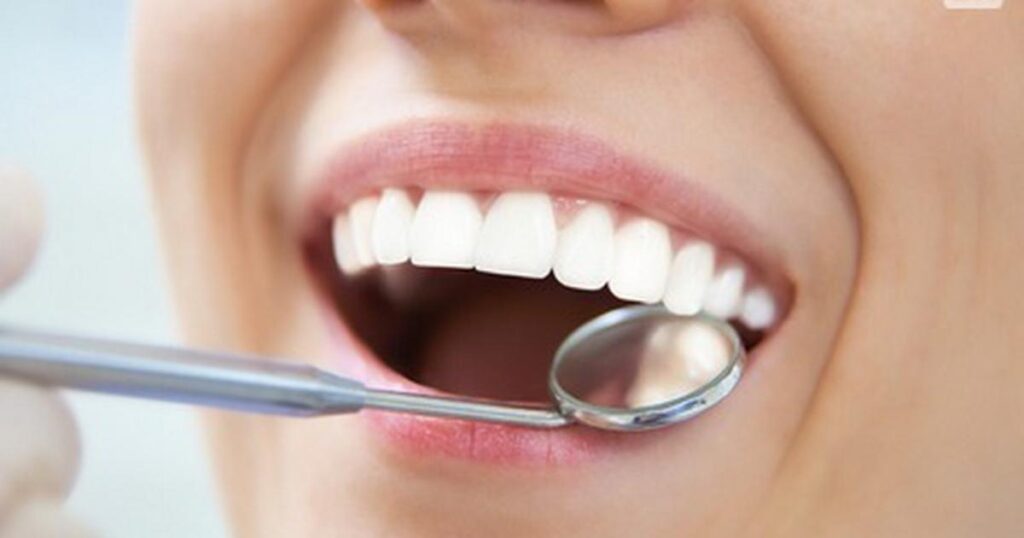
Caries, cavities
Caries occurs when plaque is combined with sugars and / or starch in the food you eat. The combination produces acids that attack tooth enamel.
You can get tooth decay at any age. They are not just for children.
The best way to prevent caries is to brush your teeth twice a day, floss daily and have regular checkups at the dentist.
Also, eat healthy foods and avoid snacks and drinks high in sugar.
Abscess
When pus or infected material forms in a tooth, it is called a dental abscess or abscess teeth. Usually the pus collects in a bag and is caused by bacteria that have infected the tooth. A pus-filled cyst forms because bacteria cannot drain properly. The bacteria that cause abscesses are caused by caries that is not treated like various other things. An untreated abscess can cause tooth loss or spread and infect the surrounding bone. The best way to prevent tooth abscesses is to follow proper oral hygiene to prevent tooth decay. This includes brushing your teeth twice a day, flossing daily, and routinely brushing your teeth.
Sensitivity
Tooth sensitivity is a common problem. It affects millions of people. Sensitivity includes pain or discomfort from:
- Sweets
- Cold air
- Hot drinks
- Cold drinks
- Ice cream
Sensitive teeth can make brushing and flossing painful. But sensitive teeth can be treated.
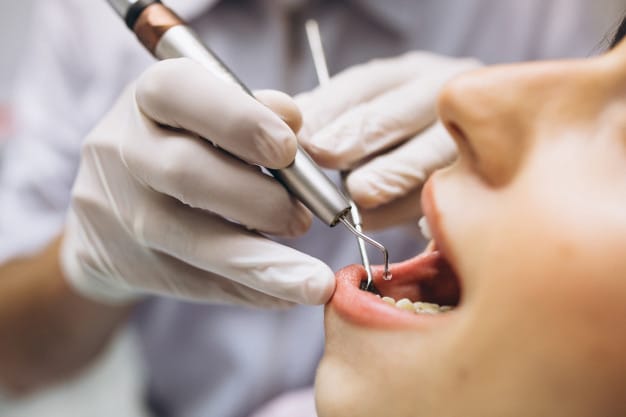
Bad breath
This condition, medically called halitosis, is characterized by bad breath. Causes include leftover food particles, remnants of certain fish-smelling foods, dry mouth, and poor dental hygiene.
Brushing your teeth and using mouthwash are good ways to start preventing this problem.
You can remove plaque deposits by brushing. If you do not find a solution to your problem and you have tried various ways to prevent bad breath but to no avail. Then consult your dentist as it may be a much bigger problem that needs to be treated.
Dry mouth
This condition, also known as xerostomia, is caused by a lack of saliva in the mouth. This can happen for a variety of reasons: one of them can be the result of taking prescription drugs. Saliva is important because lubrication and moisture protect your teeth. However, there is no direct cure for dry mouth. If it is caused by medication, stopping taking it can interrupt it. In other cases, drinking more water can also help.
The most important thing is, however, to preventively visit your doctor who will look at the condition of your teeth and gums and give you adequate advice. And after that, you have to take care of your diet in order to preserve the health of your gums.


